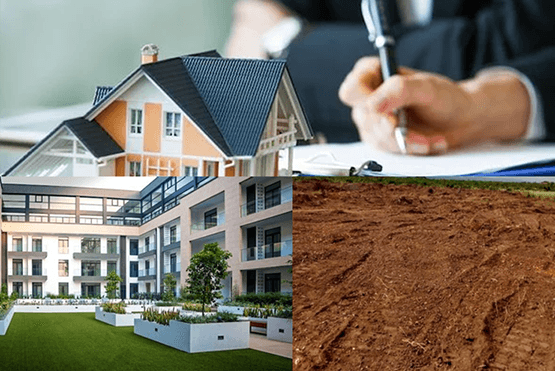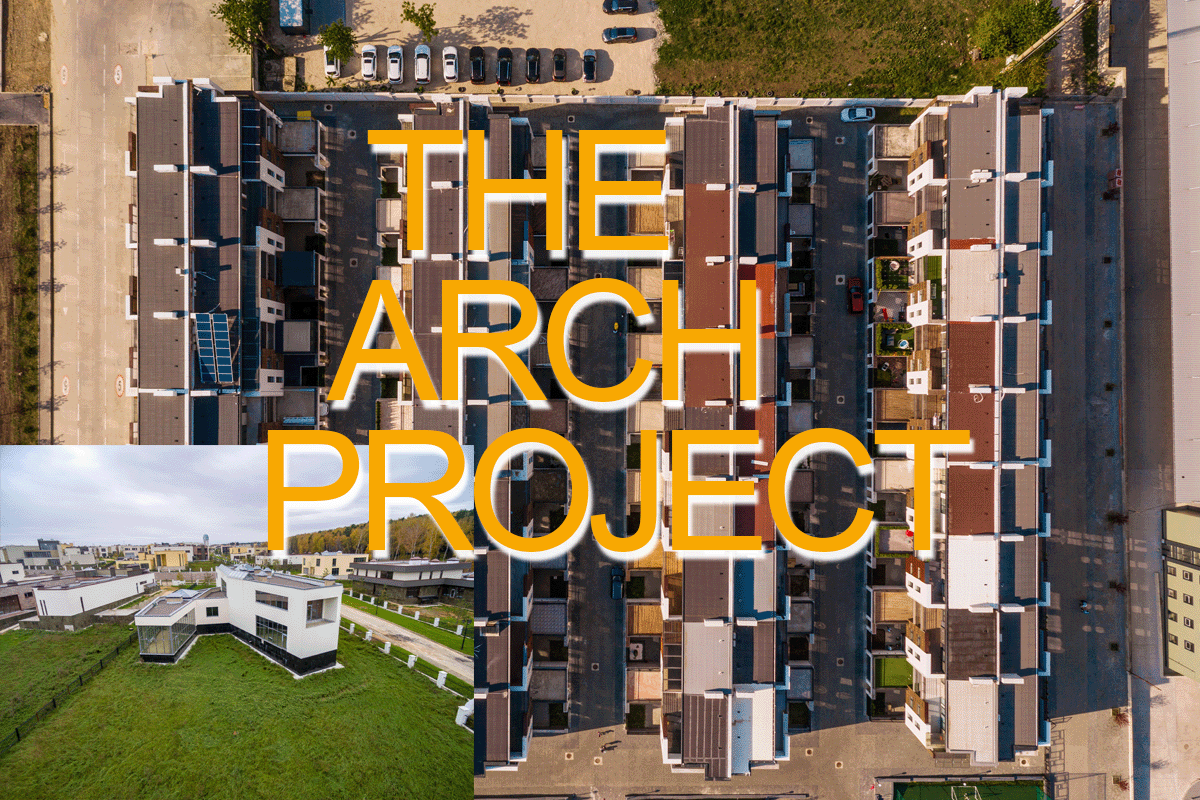Ghana, known for its rich culture, economic growth, and stunning landscapes, is an increasingly attractive destination for foreign investors seeking to purchase real estate or housing. However, understanding the legal requirements and processes involved in buying property or housing in Ghana as a “Foreigner” is essential to ensure a smooth and secure transaction. In this guide, we will explore the legal aspects of buying property or housing in Ghana as a foreigner, providing valuable insights to help you navigate the complexities of the real estate market.
Legal Guide for Foreigners Buying Property and Housing in Ghana
1. Land Ownership and Housing in Ghana
Before delving into the specifics of property or housing acquisition, it’s crucial to comprehend the unique land tenure system in Ghana. Ghana operates on a dual land tenure system: customary and leasehold, which also applies to housing. Understanding these systems is fundamental to any foreigner considering property or housing investment in the country.
– Customary Land and Housing:
Customary land is held by traditional authorities and communities and may also include customary housing. Acquiring customary housing involves a similar process to acquiring customary land, with the need for documentation and due diligence.
– Leasehold Land and Housing:
Leasehold land and housing, owned by the government and available for lease periods typically ranging from 50 to 99 years, are more structured and accessible to foreigners, making them a popular choice for real estate investments.
2. Legal Requirements for Buying Property or Housing As a Foreigner
a). Ghana Investment Promotion Centre (GIPC) Act:
The GIPC Act provides guidelines for foreign investors, including those interested in property or housing. Under this law, foreigners can acquire property or housing for residential or commercial purposes, subject to certain conditions. It’s imperative to check the latest GIPC Act provisions for updated information.
b). Land Commission and Documentation:
All land and housing transactions in Ghana must be registered with the Land Commission. Ensure that the property or housing you intend to purchase has proper documentation, including a land title certificate and indenture.
c). Taxes and Fees:
Be aware of the taxes and fees associated with property or housing acquisition, such as stamp duty, registration fees, and withholding tax. These costs can vary depending on the property’s location and value.
3. Engaging Legal Representation
Navigating the legal intricacies of property or housing acquisition in Ghana as a foreigner can be challenging. Engaging the services of a qualified Ghanaian lawyer with experience in real estate transactions is highly recommended. A legal expert can guide you through the process, review contracts, and ensure compliance with all legal requirements.
4. Due Diligence and Site Visits
Before finalizing any property or housing transaction, conduct thorough due diligence. This includes verifying property or housing ownership, checking for any outstanding debts or encumbrances, and ensuring the property or housing aligns with your investment goals. Site visits are essential to physically assess the property or housing’s condition and location.
Conclusion
Buying property or housing in Ghana as a foreigner is an exciting opportunity, but it comes with its share of legal complexities. Understanding the land tenure system, complying with legal requirements, and enlisting the help of legal professionals are crucial steps toward a successful real estate or housing investment in this vibrant African nation. With the right knowledge and guidance, you can navigate the legalities and embark on your property or housing ownership journey in Ghana with confidence.




